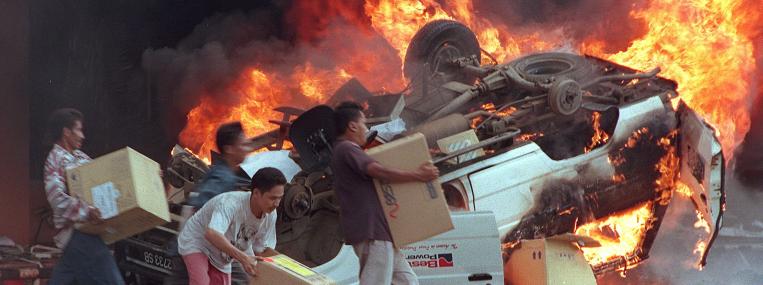One beautiful blue morning in September 1994, I received a call from my mother in California. In a hushed voice, she told me that my Aunt Leona, my father’s twin sister, had been murdered in her home in the Philippines, her throat slit by her chauffeur. My mother broke the news to me in our native Hokkien Chinese dialect. But “murder” she said in English, as if to wall off the act from the family through language.
The murder of a relative is horrible for anyone, anywhere. My father’s grief was impenetrable; to this day, he has not broken his silence on the subject. For the rest of the family, though, there was an added element of disgrace. For the Chinese, luck is a moral attribute, and a lucky person would never be murdered. Like having a birth defect, or marrying a Filipino, being murdered is shameful.
To read the full article, click Download PDF.
